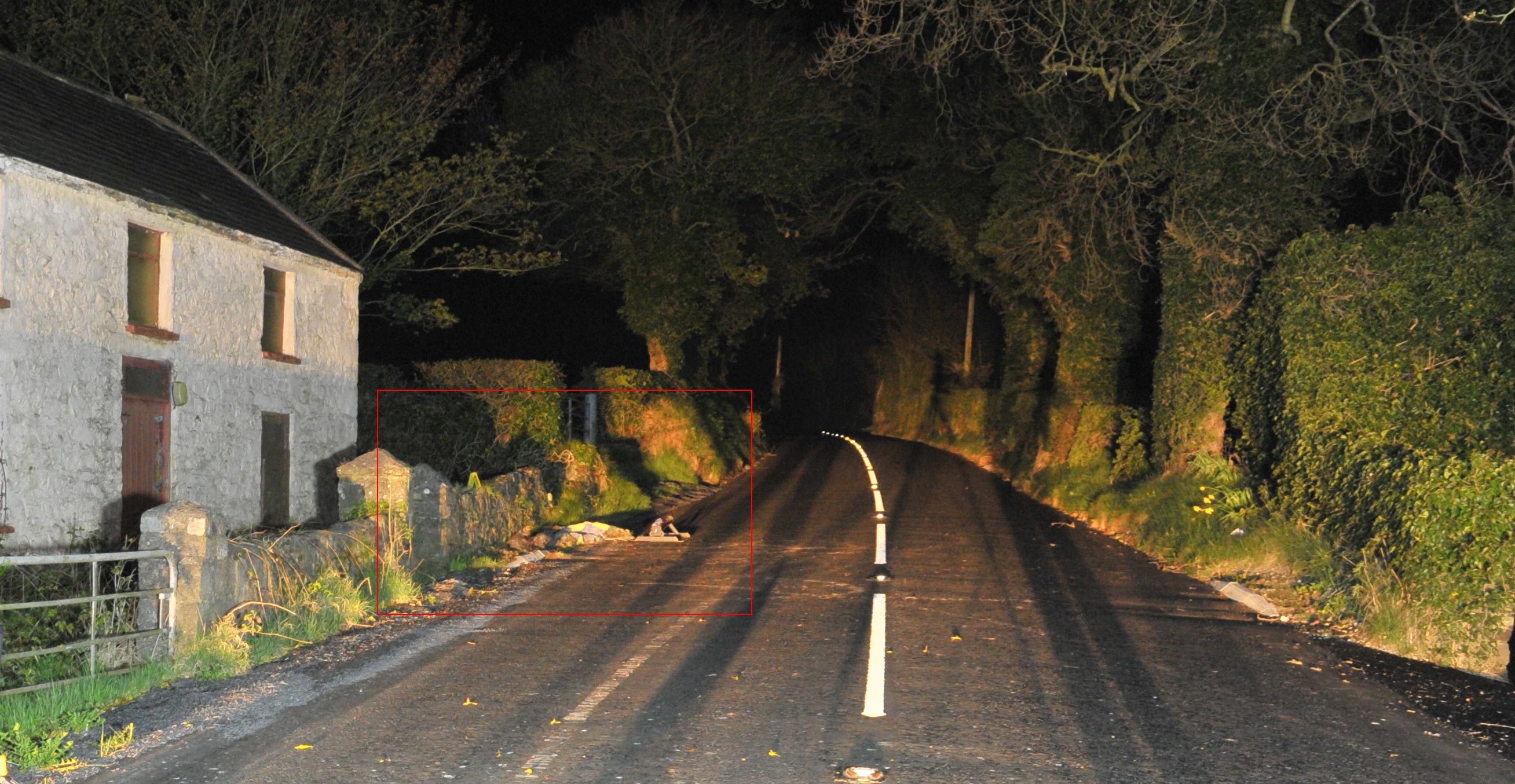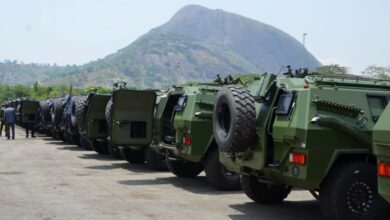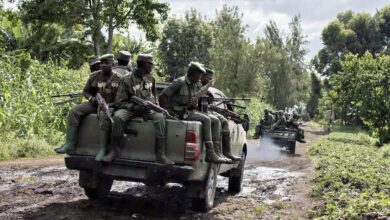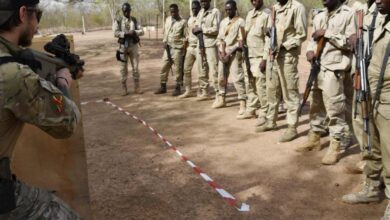Northern Ireland police recover mortar tube near Castlewellan
PSNI said dissident republicans were likely responsible for the device, which was to be used to attack police
The Police Service of Northern Ireland said on Tuesday that officers had recovered a horizontal mortar tube and command wire during an operation near Castlewellan in County Down near the border with Ireland.
A member of the public discovered the items around 3 p.m. local time (1400 GMT) on Monday, April 8, PSNI said in a statement.
“We implemented a full and extensive clearance operation in the area following the discovery yesterday afternoon. That operation concluded this afternoon and thankfully nothing further has been found,” Detective Inspector Graham Orr from the PSNI Crime Operations Terrorism Investigation Unit said.
The device will now be subject to a detailed forensic investigation, but police said given the good condition of the device relative to similar ones recently uncovered, it “had not been at that location for very long and may even have been there for as little as one day.”
“Whilst at this stage, it is too early to attribute ownership to any particular grouping, it is my belief that dissident republican terrorists are responsible and that this find has undoubtedly prevented an attack on local police,” Orr said.

Detective Inspector John McVea later told reporters: “The hypothesis that we’re working on, that this device has been left there, most likely to have been collected by another person.”
“The horizontal mortar device was left behind a wall at the side of the road. It was not placed in a direction that would be indicative of it being used in an attack. it is not known whether it was left there for that to be an attack site in the future, and I can confirm that, following an examination, there was no mortar device in the tube.”
“We are attributing it to dissident republicans, although at this stage of the investigation it is too early to attribute it to a specific organization,” he added.
https://twitter.com/qnewsdesk/status/1115648029200191493
PSNI on March 6 uncovered what they called a “significant terrorist hide” of mortar parts, including tubes, in a forested area near Forkhill close to the border.
A week prior, police uncovered a “sizeable” quantity of ammunition during a search near Omeath in County Louth as part of a follow-up operation targeting the activities of dissident Irish republican groups after Gardaí (Irish police) found a mortar tube and a “substantial” quantity of ammunition in the area on February 1.
The operations on both sides of the border come after a car bomb exploded outside a courthouse in the the city of Derry in the northwest of Northern Ireland in January. A dissident Irish republican group known as the New IRA was blamed for that attack.
Dissident republicans have taken credit for a series of explosive devices sent to Great Britain in recent weeks, with the New IRA claiming they sent four mail bombs that were recovered in London and Glasgow. A fifth “viable device” was discovered at the National Returns Letter Centre in Limerick after it had been returned by the postal service from the United Kingdom.
The New IRA is the largest dissident Irish republican paramilitary group, formed in 2012 after a merger of several smaller groups with the Real IRA.
In February 2014, the group claimed responsibility for devices sent to seven military recruitment centers across England, also with return addresses in Dublin.
The 1998 Good Friday or Belfast Agreement ended what is known as The Troubles, three decades of violence in Northern Ireland beginning in the late 1960s in which more than 3,500 people were killed, the majority by predominantly Catholic Irish republicans who want the reunification of Ireland, but also by Protestant loyalists who want Northern Ireland to remain part of the United Kingdom, as well as the security forces.
The custom of using code words in telephoned warnings emerged around the Irish Republican Army bombing campaign in the early 1970s, to mark them out from possible hoaxes.
The IRA called a final ceasefire in 1997 and announced an end to its armed campaign in 2005, stating that it would seek to achieve its aims through peaceful political means, but various dissident Irish republican groups opposed to the peace process have continued to use the name IRA.
Police in Northern Ireland and Ireland have said that a return to a hard border on the island after Brexit could result in an increase in attacks by militant groups.












